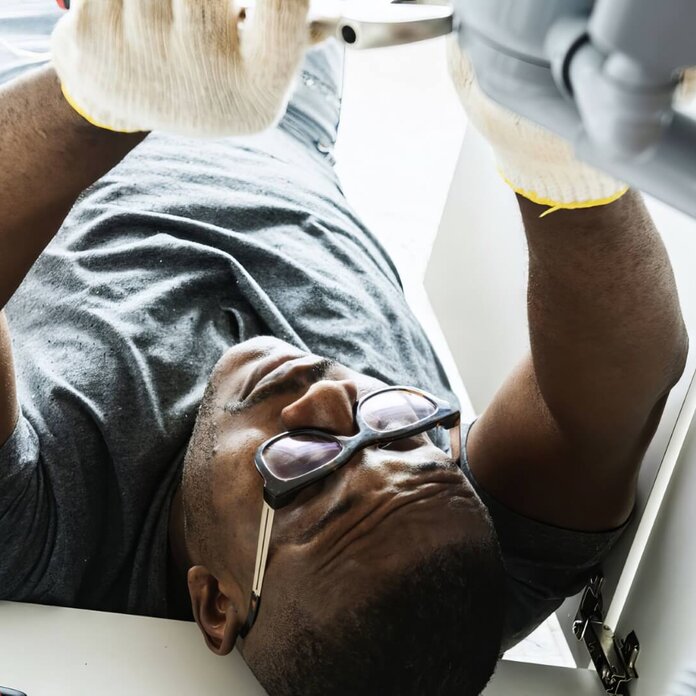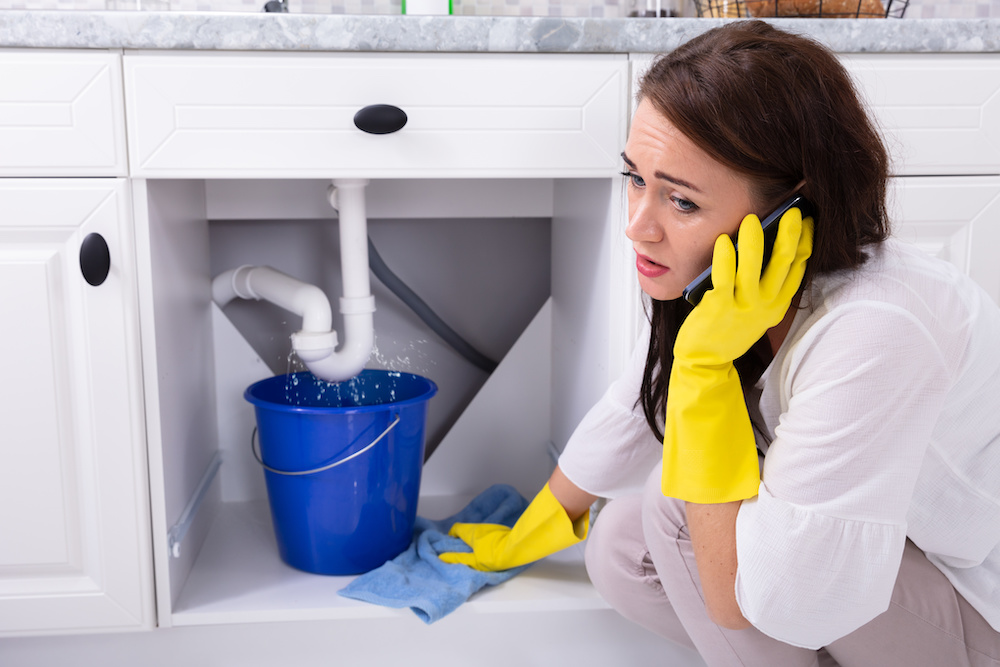Essential Plumbing Tips for Urgent Issues: Steps to Take Until Assistance Arrives
Essential Plumbing Tips for Urgent Issues: Steps to Take Until Assistance Arrives
Blog Article
Are you on the lookout for advice about What to Do While Waiting for an Emergency Plumber?

Pipes emergency situations can strike at any moment, creating stress and anxiety and prospective damages to your home. Whether it's a ruptured pipeline, a stopped up drainpipe, or a leaking faucet, understanding exactly how to handle the circumstance until an expert plumbing arrives can conserve you from more difficulties. This write-up gives crucial emergency situation pipes pointers to aid you mitigate damage and regain control during a plumbing crisis.
Turn Off the Supply Of Water
The initial step in any plumbing emergency is to shut off the water supply. For localized concerns, such as a dripping tap or bathroom, shut off the shutoff near the fixture. In the case of a significant leakage or ruptured pipeline, find your home's primary water shut-off valve and turn it off instantly. Knowing the location of these shutoffs ahead of time can save valuable time throughout an emergency.
Shut Off Your Hot Water Heater
In specific emergencies, such as a ruptured pipeline, it's a good idea to shut down your water heater. This protects against getting too hot or damage to the device when water stops flowing. Turn off the power supply to the hot water heater (electric or gas) and allow it cool off to avoid possible risks.
Momentarily Quit a Burst Pipeline
A burst pipeline can result in substantial water damage in mins. To alleviate the issue:
Call a specialist plumbing quickly to deal with the trouble permanently.
Have an Emergency Situation Pipes Set
Prepare a standard plumbing emergency situation kit to manage small issues successfully. Your kit ought to consist of:
Having these tools on hand can make a considerable distinction in your ability to handle emergencies.
Unclog Drains Pipes Securely.
A blocked drainpipe can be an irritating and messy problem. Below's how to tackle it:.
If these methods don't work, stay clear of making use of too much pressure, as it might intensify the obstruction.
Manage Overflowing Toilets.
An overflowing toilet can create prompt turmoil. Right here's what you ought to do:.
Address Little Leaks with Short-lived Repairs.
Small leakages can rapidly become substantial issues if left unchecked. Make use of these momentary solutions up until professional aid shows up:.
While these fixes aren't irreversible, they can assist decrease water loss and damage.
Handle Frozen Water Lines Carefully.
In chillier climates, frozen pipelines are a typical emergency situation. If you believe an icy pipe:.
Know When to Call an Expert.
While quick fixes can help briefly, certain pipes issues need immediate expert focus. Call a plumbing technician if:.
Without delay contacting an expert makes certain the problem is solved appropriately and avoids additional difficulties.
Avoid Additional Damages.
Taking quick action to lessen damages can save you time and money in the future. Below's how:.
Final thought.
Pipes emergency situations can be overwhelming, but with the best understanding and devices, you can take care of the scenario properly until help arrives. By turning off the supply of water, addressing tiny leakages, and using temporary fixes, you can minimize damage and keep your home safe. Remember, these suggestions are short-term services; constantly consult a qualified plumbing professional to manage the origin of the issue. Prep work and quick thinking are your best allies in any plumbing emergency.
8 Helpful Tips for Managing Plumbing Emergencies at Home
If your plumbing system hasn’t failed once, wait for it because almost everyone has a story to tell. Sometimes, it could be simple emergencies such as a leaking pipe, a blocked cistern, or even a big burst pipe. In situations like this, you need to have some handy tips to save you some money and from possible damages.
Take care of minor issues early.
Sometimes, you could have avoided an emergency by taking proactive measures while it was still early. Some major plumbing emergencies can be a result of an ignored minor issue. We recommend that you have items like plumbing tapes and other related items. A plumbing tape can allow you to manage minor leaks before the plumber arrives.
Cut off the water supply.
This tip is essential in almost any type of leakage problem. For problems like minor leakages in the toilet or kitchen, turn off the supply that takes water to the affected pipes. If the leakage is a major pipe, you must shut off the supply valve to the entire building. This will help you avoid flooding your home and neighbors if you share a flat.
Know your plumbing system
Folks typically move into a new apartment without understanding the water supply around the building. This can prove disastrous if a water emergency arises and the plumber is far away. The previous tip will prove useless if you don’t practice this one. More importantly, know where your water shut-off valve is located – you’ll need that knowledge to prevent potential home floods.
Have some common handy tools
There are lots of plumbing emergencies that you can handle without hiring a plumber. That’s why you must keep some tools available always. Some tools that you can use to fix simple plumbing emergencies easily include plumbing tapes, screwdrivers, thread seal tapes, plungers, pliers, tape measures, and rubber gloves.
Insulate your pipes from cold
You’ll save yourself from many plumbing expenses if you protect your water pipes from the cold. This is because of the harmful effects that cold weather can have on your pipes. During winter, your pipes can burst from being overly expected to freezing temperatures. So, make sure insulators are there to keep the pipes working correctly.
Avoid practices that will clog your toilet.
Many people indulge in practices that can damage the plumbing system of the entire building. One of these is when they use their toilet to dispose-off garbage. They flush all kinds of things, such as paper towels, bandages, hairs, female sanitary products, etc., down the toilet. This will block your toilet in the long run, incurring unnecessary expenditures. Dump such waste in the trash instead.
Check your dials regularly.
Sometimes, there could be leakages in your home without noticing them in time. So, constantly monitor your water meter dial. If the dial is reading when there is nobody using water, this is an indicator that there is leaking. Check for leaks immediately. Call a plumber as soon as possible if you can’t find any.
https://www.constructionplacements.com/8-helpful-tips-for-managing-plumbing-emergencies-at-home/

I'm very intrigued by and I am praying you appreciated the entry. Do you know about anybody else who is fascinated by the subject? Take a moment to promote it. We recognize the value of reading our article about What to Do During a Plumbing Emergency.
Start Now Report this page